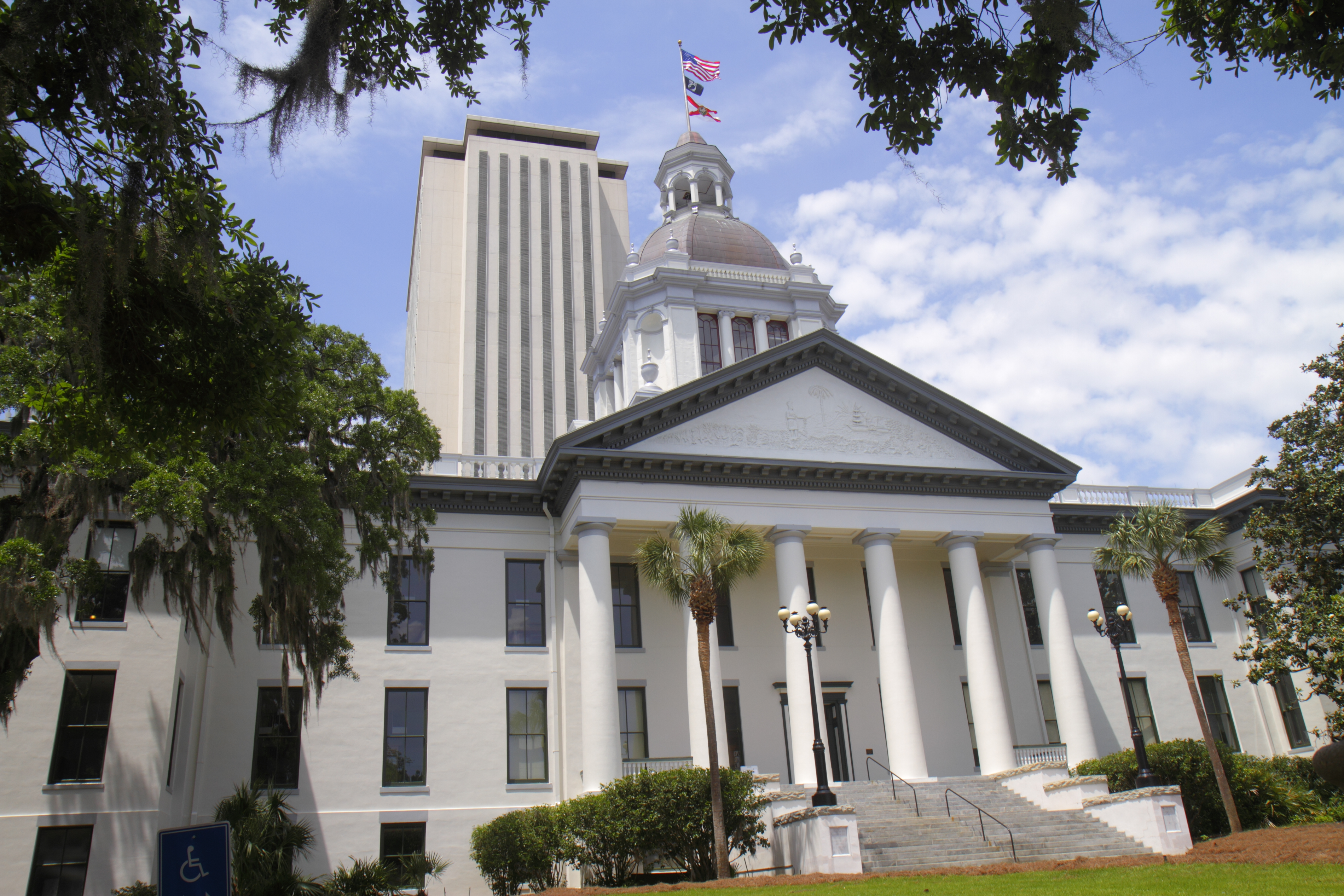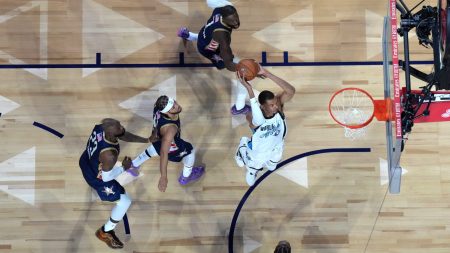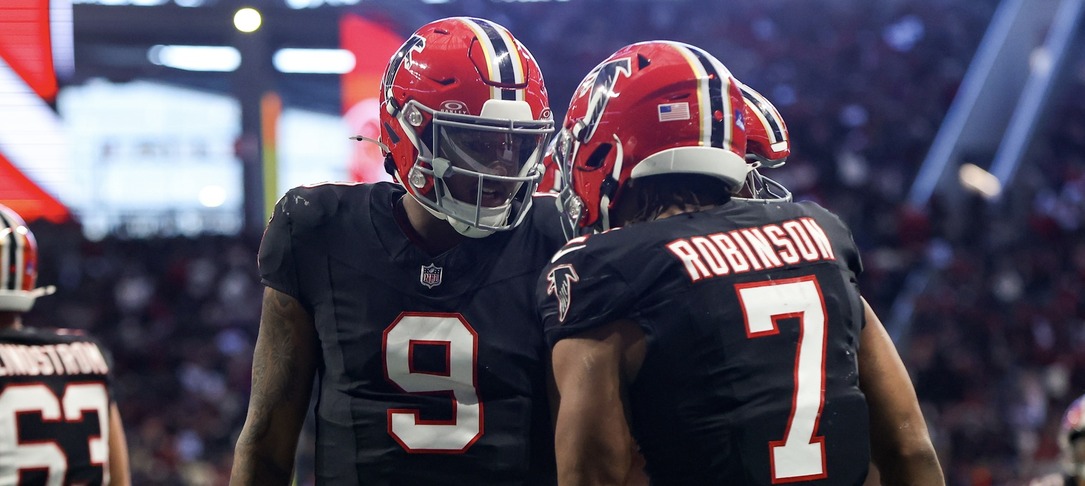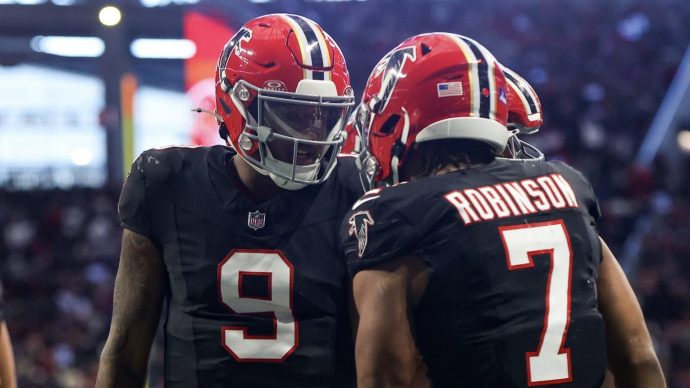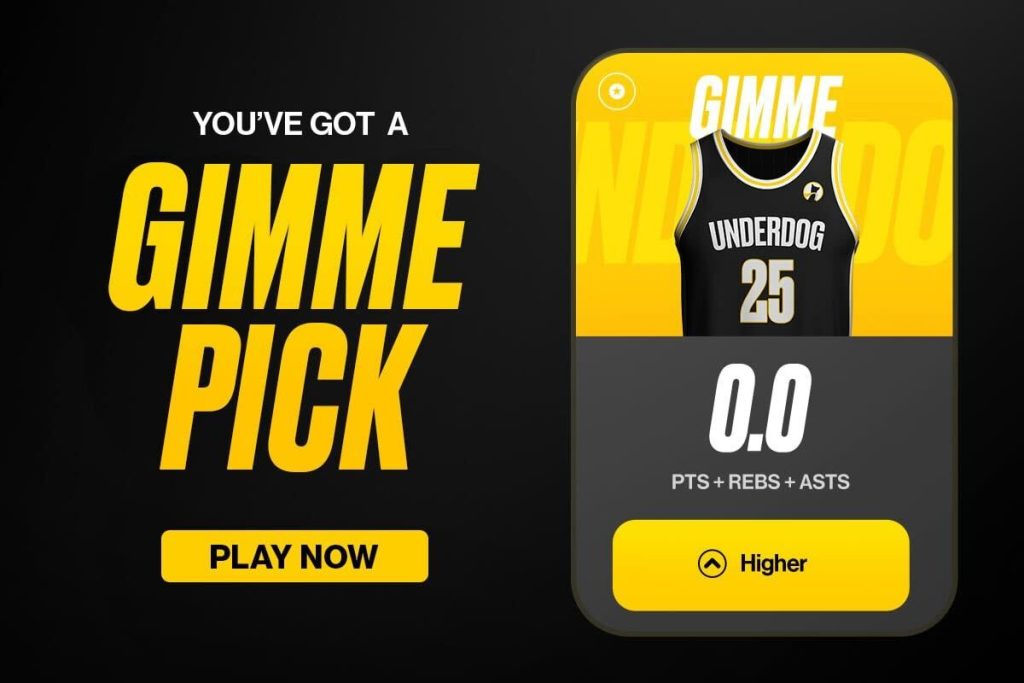Florida’s time as a legal sports betting state lasted about as long as one of the state’s mid-afternoon thunderstorms.
Despite a lawsuit, the Seminole Tribe offered sports betting through its mobile app for about three weeks in November-December 2021. U.S. District Judge Dabney Friedrich slammed the brakes on the compact between the Seminole Tribe and the state, forcing the tribe to take its sportsbooks offline.
The defendants filed an appeal, and that is when the rapidly moving situation ground to a standstill, and it looks like it will be at least 18 months before anything of note happens.
Per a tweet from attorney Daniel Wallach, the D.C. Circuit released its schedule for the case. At the earliest, a decision isn’t expected until 2023, with Briefs submitted between August and November 2022.
The D.C. Circuit has announced the following briefing schedule in the Florida tribal compact sports betting case:
8/17 – Appellants' Opening Briefs
10/6 – West Flagler Response
11/14 – Appellants' Reply Brief+ oral argument will be held (TBA).
No decision until 2023. pic.twitter.com/nO1LUdevfQ
— . (@PrograsiveXPlus) July 11, 2022
When a decision might be handed down is unclear. Also unclear is who the appellate court will side with, although it is a near certainty the loser will appeal the case to the Supreme Court, further dragging out the situation.
The Peculiar Case of Florida Sports Betting
Florida and the Seminole Tribe took an interesting approach to sports betting. Instead of following the path of other tribal casino states like Michigan, Arizona, and Connecticut and licensing tribes as commercial mobile sports betting operators, Florida decided to authorize mobile sports betting through the compacting process.
The compact brings the legally unresolved issue of “where does a bet take place” into the conversation. Florida and the Seminole Tribe believe that as long as the servers are located on tribal lands, the wager is taking place on tribal lands.
Judge Friedrich found that argument wanting, saying, “this court cannot accept that fiction,” in the official opinion.
From the start, this approach was seen as problematic. And while the state and tribe point to the Department of Interior approving the compact, that approval comes with a giant asterisk. The DOI didn’t sign off on the agreement. Rather, the compact was “deemed approved” after the DOI let the 45-day review period lapse. The DOI has since filed a statement claiming that Judge Friedrich “erred” in her opinion.
The Many Facets of “Where a Bet Takes Place”
The biggest problem with the Seminole’s argument is that it effectively means there is no need for geofencing. The same argument could be used to argue that a person in New York who places a sports wager through a server in New Jersey is betting in New Jersey. And that logic extends to a person in Alabama, Thailand, or the North Pole.
Effectively, if a bet takes place at the server, anyone around the globe could place a legal bet through any licensed site, as long as the site’s servers are housed in a state that has legalized online gambling. And by extension, offshore sportsbooks operating in locales where betting is legal would no longer be black market operators because the servers are located in a jurisdiction where online betting is legal.
The can of worms doesn’t end there. This interstate betting would call in other U.S. laws, including the Wire Act. Still, the Wire Act (as currently defined) only extends to sports betting, so New Jersey online casinos could conceivably accept wagers from across the country.

